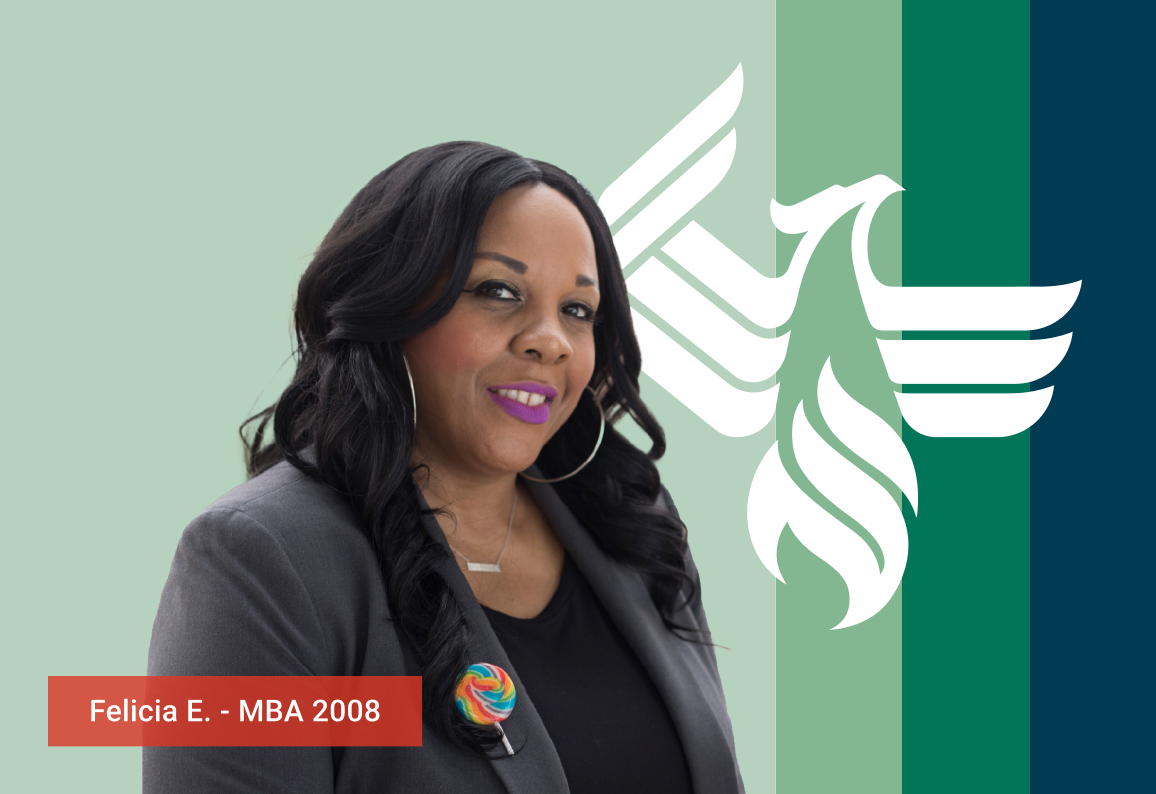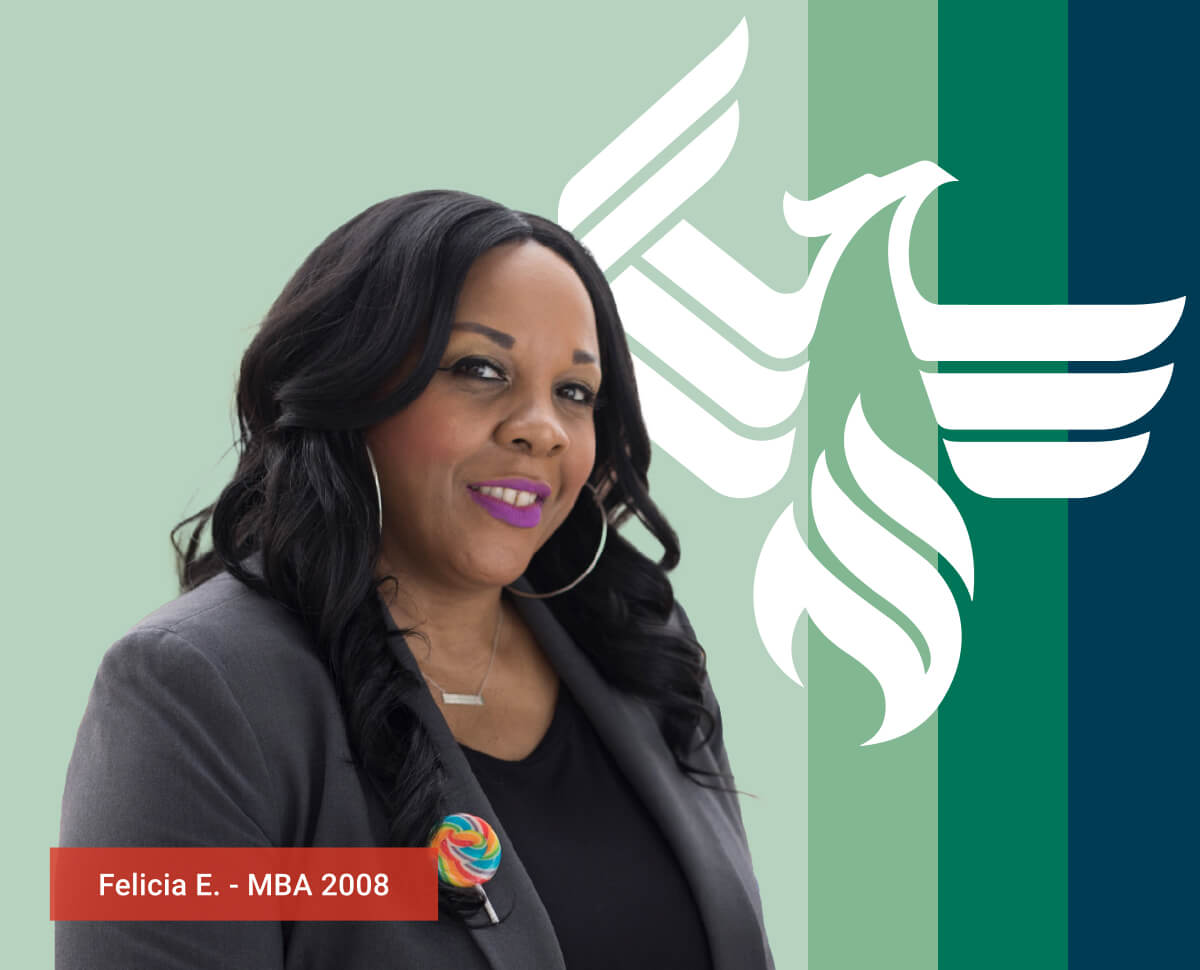What is a communication specialist?

Written by Michael Feder

Reviewed by Kathryn Uhles, MIS, MSP, Dean, College of Business and IT

Understanding the role of a communication specialist
Communication specialists are comparable to public relations specialists who manage an individual’s or organization’s public image and brand reputation. They create, maintain and enhance the public perception of their clients or an employer. It’s one of many career paths available to those pursuing a degree in communication.
Communication professionals use their industry insights and broad knowledge to develop and implement strategic communication plans. Their goal is to create a clear, compelling message that speaks to their intended audience and meets them where they are.
Likewise, communication professionals can work in a range of industries outside of public relations, including advertising, healthcare, government agencies and corporate communication. As a result, their responsibilities and roles may vary, but their ultimate objective remains unchanged.
What are communication duties in an organization?
Some common tasks for communication specialists are:
- Creating communication and strategic plans to manage the communication between an organization and its public
- Managing relationships with journalists and other media professionals, arranging interviews and responding to media inquiries
- Overseeing an organization’s social media presence, creating content, responding to comments and analyzing performance data to improve communication strategies
- Scheduling events such as press conferences, product launches or community outreach initiatives
- Managing crisis responses, including drafting statements, coordinating with the media and overseeing internal communication
- Distributing company news, organizing staff meetings and maintaining internal communication channels
- Liaising between stakeholders, such as customers, team members, investors and the general public
In real-world terms, communication roles may differ by the type of organization in which they’re employed. For instance, the role in a large corporation might focus on internal messaging initiatives, such as employee newsletters or training materials, while the same role for a small startup organization might involve developing and overseeing a social media strategy.
Is the role similar to a public relations specialist?
A successful communication specialist balances hard and soft skills. Soft skills are non-technical, interpersonal skills that help you effectively interact with others and navigate workplace challenges, including the ability to:
- Clearly convey information
- Ensure you understand what others are communicating
- Adapt to new conditions or changes in the work environment
- Identify rising or ongoing issues and find effective solutions and strategies
Hard skills are technical abilities or knowledge specific to a job or industry that you learn through hard work and hands-on experience.
Some hard skills for this role include:
- Understanding how to interact with and manage the media
- Writing compelling content for various platforms, such as websites, social media or newsletters
- Knowledge of how to manage and optimize social media platforms
- The ability to speak confidently and engagingly in public settings
- The ability to analyze and interpret communication data and metrics
Depending on your role and company, the required skills and responsibilities may vary.
How to become a communication specialist
While there’s not a singular path to a career in communication, there is a general framework to follow.
- The first step may be to earn a bachelor’s degree. Most specialists have a degree in communication, public relations, journalism, marketing or a related field. This is typically required to become a public relations specialist.
- Gain relevant experience through internships, part-time jobs or even volunteering. This provides valuable insights and builds the necessary hard skills.
- As you gain experience, you should compile a portfolio of your press releases, social media campaigns, articles and other relevant communication materials to showcase your skills and abilities to potential employers.
- While not always necessary, having a master’s degree in a related field can make you more competitive in the job market, provide deeper knowledge and help build your specialized skills.
You can choose from several degree paths to become a communication specialist. Depending on your career goals and interests, you may pursue a more traditional degree like communication or public relations or go for something more specialized.
What is a communication specialist’s salary?
According to O*NET OnLine, communication and public relations specialist are comparable job titles. That said, the U.S. Bureau of Labor Statistics (BLS) reports that, as of May 2023, these specialists earned between $38,570 and $126,220, with a median wage of $66,750.
Salary ranges are not specific to students or graduates of University of Phoenix. Actual outcomes vary based on multiple factors, including prior work experience, geographic location and other factors specific to the individual. University of Phoenix does not guarantee employment, salary level or career advancement. BLS data is geographically based. Information for a specific state/city can be researched on the BLS website.
What is the job outlook for communication specialists?
BLS projects this role is expected to grow by 6% from 2023 to 2033. This roughly translates to 27,100 job openings in this field each year. Communication is vital in many roles but especially in ones such as customer relations and community outreach.
BLS Occupational Employment Projections, 2022-2032 is published by the U.S. Bureau of Labor Statistics. This data reflects BLS’ projections of national (not local) conditions. These data points are not specific to University of Phoenix students or graduates.
Degree programs for communication specialists
If you’re interested in learning important communication skills or becoming a communication specialist, consider earning a Bachelor's in Communications online at UOPX. This program prepares students to write press releases, develop sales and marketing communication, review journalism ethics, create an organizational structure plan and more.
UOPX also offers the flexibility of online classes and a fixed tuition guarantee, making it convenient for adults to earn their degree while maintaining other commitments at work and at home. Students and graduates also enjoy a range of tools and services to assist them in their careers, including career services.

ABOUT THE AUTHOR
A graduate of Johns Hopkins University and its Writing Seminars program and winner of the Stephen A. Dixon Literary Prize, Michael Feder brings an eye for detail and a passion for research to every article he writes. His academic and professional background includes experience in marketing, content development, script writing and SEO. Today, he works as a multimedia specialist at University of Phoenix where he covers a variety of topics ranging from healthcare to IT.

ABOUT THE REVIEWER
Currently Dean of the College of Business and Information Technology, Kathryn Uhles has served University of Phoenix in a variety of roles since 2006. Prior to joining University of Phoenix, Kathryn taught fifth grade to underprivileged youth in Phoenix.
This article has been vetted by University of Phoenix's editorial advisory committee.
Read more about our editorial process.





